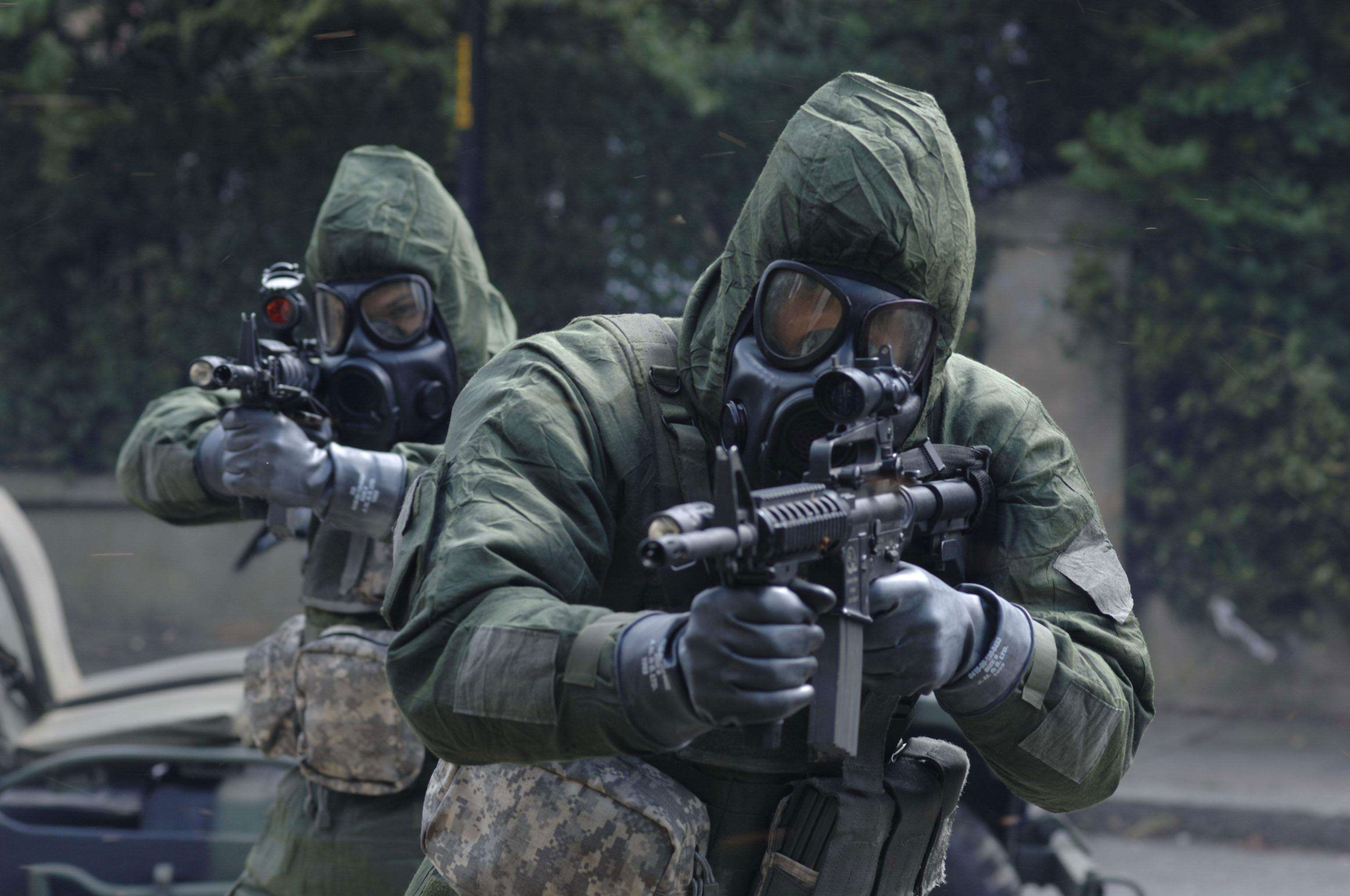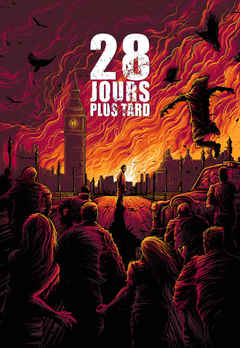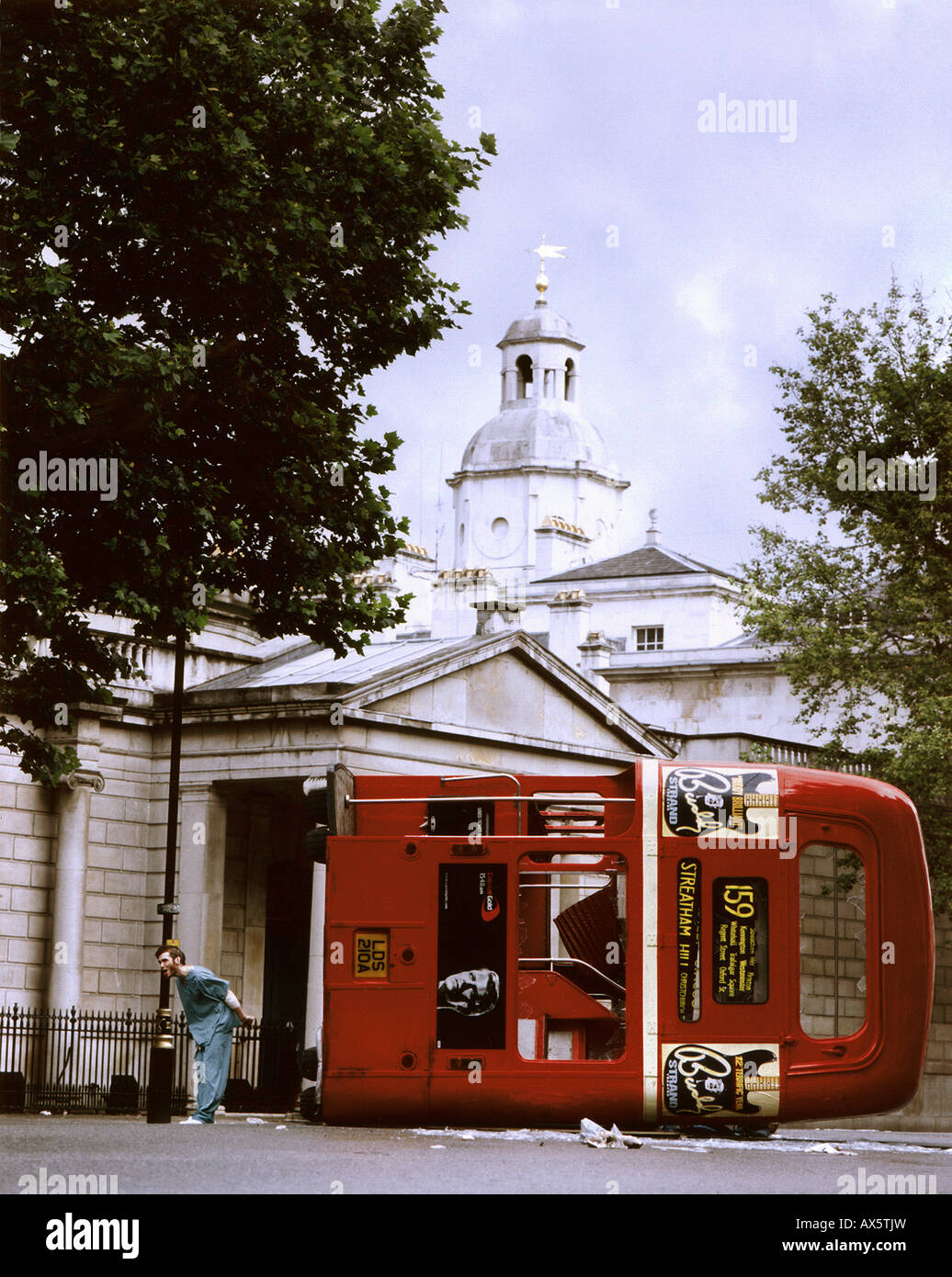
It launched Jake Gyllenhaal’s career, gave rise to a more grounded type of sci-fi cinema, and its narrative, themes, and general aesthetic still hold up today. I don’t think it was as influential on the wider world as it was on me personally, but I still believe its greatness is somewhat objective. As the film turns 20, it’s time to look back on its impressive legacy, and celebrate how influential, how brilliant, and how weird Richard Kelly’s 2001 classic still is today.

However much a single piece of media can inform your tastes more than anything else, Donnie Darko was that for me. Here he deftly combines the hallucinogenic influences of a folktale forest with the dystopia of a world ravaged by a deadly pandemic.Donnie Darko might be the most personally influential piece of media I have ever absorbed. Ballard’s novel High-Rise, a dystopian triumph starring Tom Hiddleston and Jeremy Irons - as well as for A Field in England, a psychedelic folk horror in which actor Reece Shearsmith has a particularly bad time of it in the English Civil War. The director-writer, Ben Wheatley, is best known for his adaptation of J. But the pick of 1960s silliness from this motley bunch must be The Reptile, if only for actor John Laurie (famed as Frazer from Dad’s Army) as Mad Peter, the doom-mongering old Highlander he was always born to play. This selection also features Lee in the lacklustre To the Devil a Daughter and the rather more exuberant Rasputin the Mad Monk. Meanwhile, actor Christopher Lee returns as the count in Taste the Blood of Dracula, a typically robust performance in a relatively uninspiring production – most notable for being the last before Hammer’s ill-fated decision to shift the Transylvanian vampire into the present day.

There’s also Frankenstein Created Woman, a movie Martin Scorsese once described as metaphysically sublime. The eight films on offer range from the wonderfully ridiculous Dr Jekyll and Sister Hyde to the surprisingly serious, such as The Nanny.

The UK streaming service Britbox is celebrating Halloween with the release of a set of classics from the Hammer Film Productions company, which created those technicolour treats of immortal horror which proved a mainstay of British cinema more than half a century ago. Jordan Peele's Us: black horror movies and the American nightmare
28 DAYS LATER MOVIE ONLIEN SERIES
It combines the talents of the series veteran actor, Tony Todd, as the infamous Candyman, and screenwriter Jordan Peele, writer and director of both Get Out and Us – two of the most satisfying horror movies to come out of the US in the last five years. This is the fifth film in the Candyman franchise, unlike Spiral, which is the ninth, and Halloween Kills, which is the twelfth. Though fear not, for a fine evening of slasher gore, you might try looking into a mirror and invoking the urban myth of the Candyman (the legend has it he appears if you chant his name repeatedly). It’s enthrallingly gory and features some surprisingly sympathetic performances, as well as the dumbest premise for a heist movie (robbing a Las Vegas casino that is crawling with the ravenous undead) since Now You See Me 2.

Released in May straight onto Netflix, it’s no 28 Days Later, but it’s what World War Z should have been if it hadn’t taken itself so seriously. Zack Snyder’s zombie epic Army of the Dead is action-packed, funny, entertaining and, although long at two hours and 28 minutes, it doesn’t feel absurdly so. So whether you’re looking for some classic scares, a spooky cult tale or something a little more intelligent and sinister, they’ll be something to suit, whatever your taste. And this witching season, the genre’s appeal remains just as strong for audiences across the world. The horror movie has been around since the earliest days of cinema - with silent classics such as The Cabinet of Dr Caligari (1920) and Nosferatu (1922). Halloween is back and, with it, a whole host of horrors and


 0 kommentar(er)
0 kommentar(er)
